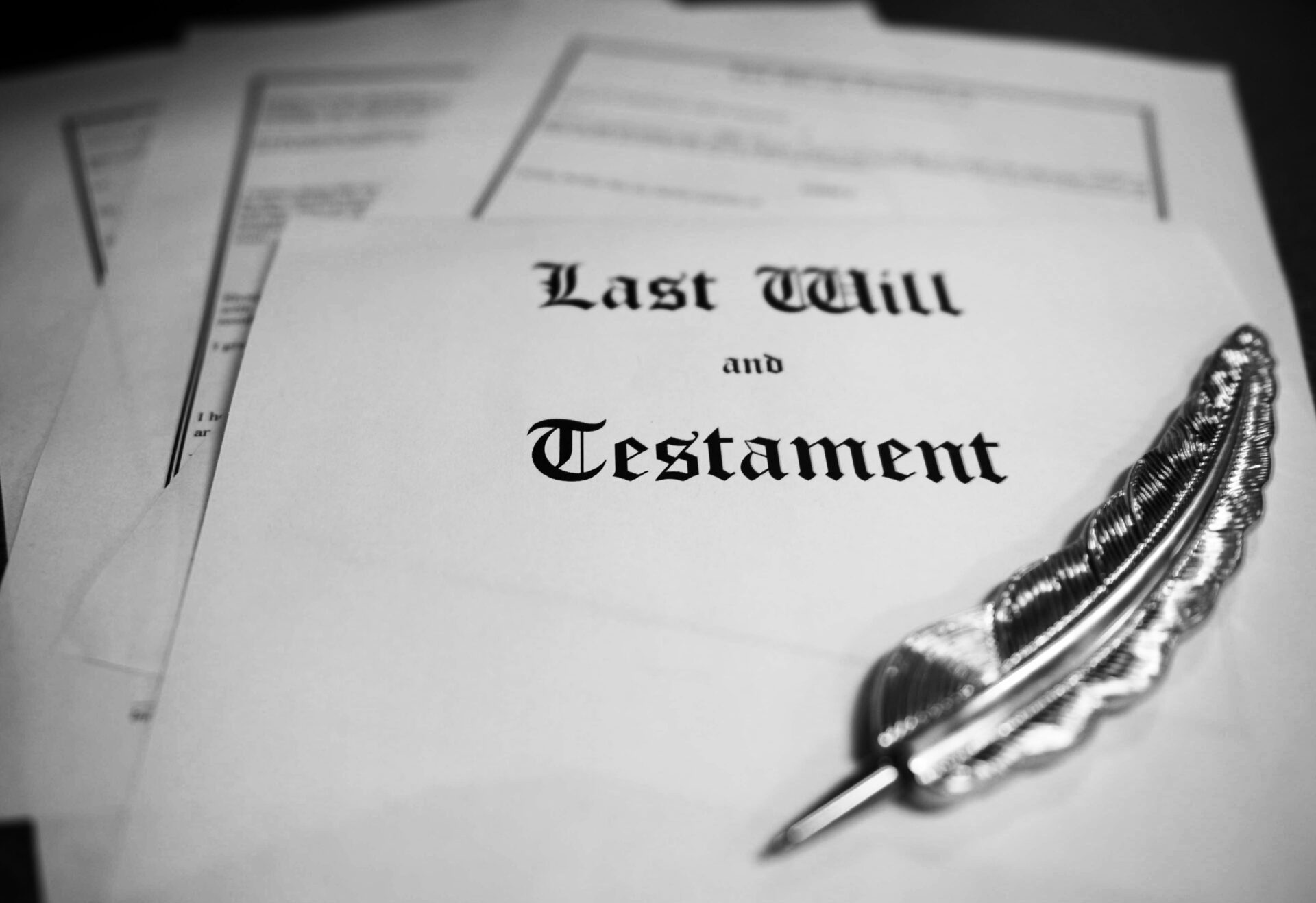Covid-19 has created anxious times for everyone and caused most people to reflect on life and what matters most to them. One thing that it has brought home to many of us is the fragility of life and that it can be wiped away at any age and when we least expect it. This has caused several people to question whether they need to update their will or consider making one.
This article explains why you should make a will (not just because of the COVID 19 pandemic) and what’s involved.
Should I make a will?
In a word, yes!
Preparing for your death is probably the last thing on your mind when you’re a nineteen-year-old but ultimately it’s just as important whether you’re 19 or 90.
Why?
Because, if you die without having made a will, all that you own will be shared out according to Queensland law.
In other words, you don’t get to have a say in who receives what.
Preparing your will may not be at the top of your ‘things to do’ list, but it does guarantee that your loved ones receive what you want them to, should or when the worst happens.
Even if you have made a will, you should ensure that it’s updated if and when your circumstances change.
Can anyone make a will?
A person needs to be 18 and above in order to make a will and to be compos mentis (of ‘sound mind’). That said, a married person who is younger than 18 is able to make a will.
What should I put in my will?
Theoretically, you can say almost anything in a will. If you don’t have a large or complex estate, then typically you might just say something along the lines of “I leave everything to my wife and then to my children.”
Speaking of children, if you have kids below the age of 18, you might want to consider including a guardian clause.
Potentially, they could be handed to a family member or friend who either doesn’t want to take care of them or who may not bring them up in the way you want. Be sure to ask the proposed guardian if they are willing to take on the responsibility if you die when your children are still minors.
As well as listing the people you want to inherit your money or assets, there may be people that you expressly want to exclude from your will. Since you won’t be there to explain the exclusion, it might be an idea to include a short explanation in your will, even if it’s only to say that you fell out several years ago and haven’t spoken since.
What if I change my mind about something in my will, can I change it at a later date?
Yes, of course. Circumstances change, as we know, and when they do you can amend your will. Remember, your will applies from the date of your death, so you can change it at any time up until that point.
Can I make my own will?
Yes, you can make your own will by downloading a template, printing it, filling it out, and adding your signature to make it official. However, we don’t recommend you make a will without the assistance of a lawyer in Queensland. Even a simple will can be wrongly prepared.
This could mean your loved ones having to sort out the mess by applying to the Supreme Court in a process which can be lengthy and expensive. At this emotional time, it’s the last thing you’d want them to be worrying about.
In the worst-case scenario, your will may be declared invalid and your estate could be divided up as per intestacy rules, which could totally oppose your wishes.
How do I make a will?
Speak with the experts in our Wills and Estate Planning Department. Our friendly lawyers will talk you through every step of the process and ensure that a will is written that truly carries out your wishes.
Wills can be complicated and by using the services of an experienced legal professional, they can also offer advice on things like capital gains tax or whether a trust is required to protect minors or vulnerable people that may be beneficiaries. If you’re looking to make a will, then get in touch with Strategic Lawyers by calling 1314 LAW or book online today.





